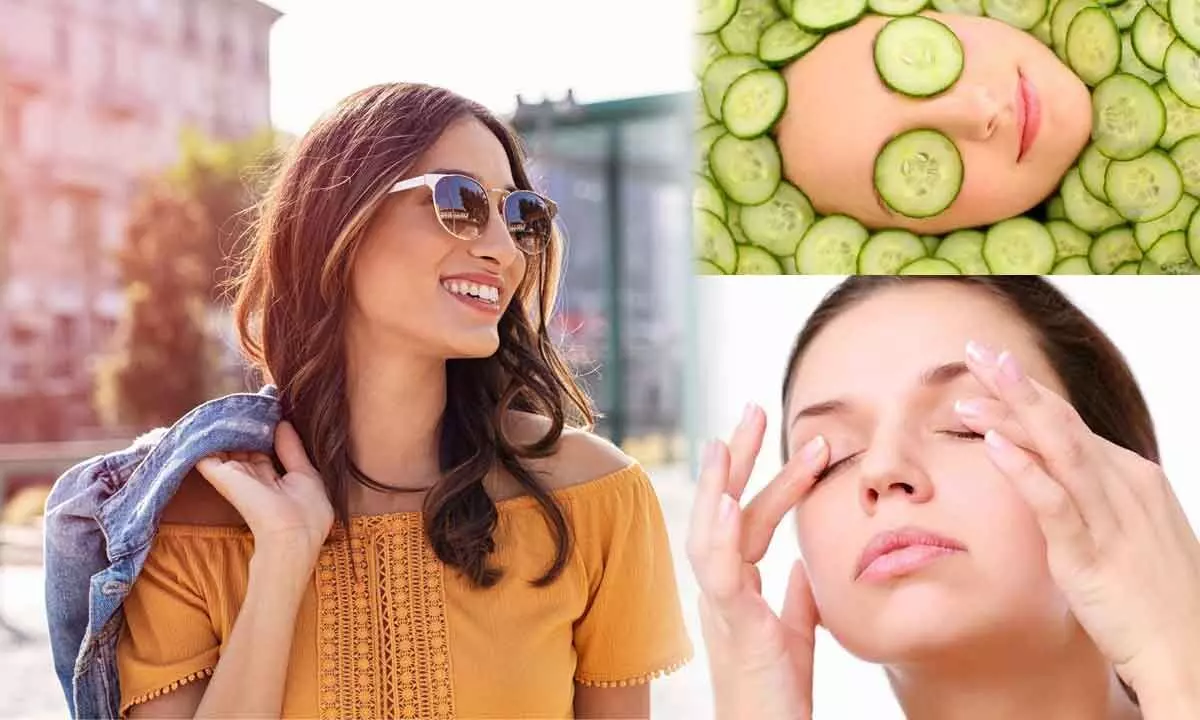UV rays can be harmful to your eyes

If you believe that applying sunscreen will protect your skin from the harsh rays of the sun this summer, think again.
If you believe that applying sunscreen will protect your skin from the harsh rays of the sun this summer, think again. Your eyes, too, require attention. UV rays are not only harmful to the skin, but they can also harm the eyes.
"UV exposure has been linked to the development of macular degeneration, cataracts, and other vision-loss problems," says Dr Danish Iqbal, Senior Consultant, Sharp Sight Eye Hospitals.
If you have an existing eye condition, such as macular degeneration or cataracts, he recommends that you protect your eyes from the sun as much as possible during the summer.
Dr Danish shares some simple tips that will protect your eyes in summer.
Wear sunglasses
Use 100 per cent Ultraviolet (UV) protection sunglasses. The harsh UV rays can damage your eye lens, cornea and even retina. So whenever you head out, make sure you put on your shades.
Splash clean water in the eyes
Your eyes are stressed throughout the day due to severe heat and exposure to the sun. Rinse your eye by splashing cold water on them periodically and drinking a lot of water. This will keep your eyes from becoming dry or puffy.
Do eye exercises
Eye exercises help us to reduce tiredness and improve the eye muscles. Exercising your eyes daily also improves your eyesight and reduces the risk of contracting diseases and infections.
Use cucumber slices
If you are suffering from red eyes in summer, apply slices of cucumber on your eyelids for 10 minutes before you sleep. Cucumber also helps remove tan from under the eyes and absorbs extra moisture.
Nourish it with eye drops
It's always better to use some kind of eye drops to minimize pain or manage other eye problems. However, you should also consult a qualified ophthalmologist before choosing your eye drops.
Increase intake of green leafy vegetables
In the summer season, increase the intake of green leafy vegetables as they are rich in both lutein and zeaxanthin and are also a good source of eye-friendly vitamin C. Well-known leafy greens include spinach, kale, collards etc.
Sleep well
Your eyes heal themselves as you sleep. Insufficient sleep can lead to dry, itchy, or bloodshot eyes. Lack of proper sleep at night leads to fewer tears in the eye and it may open the door to eye infections.








